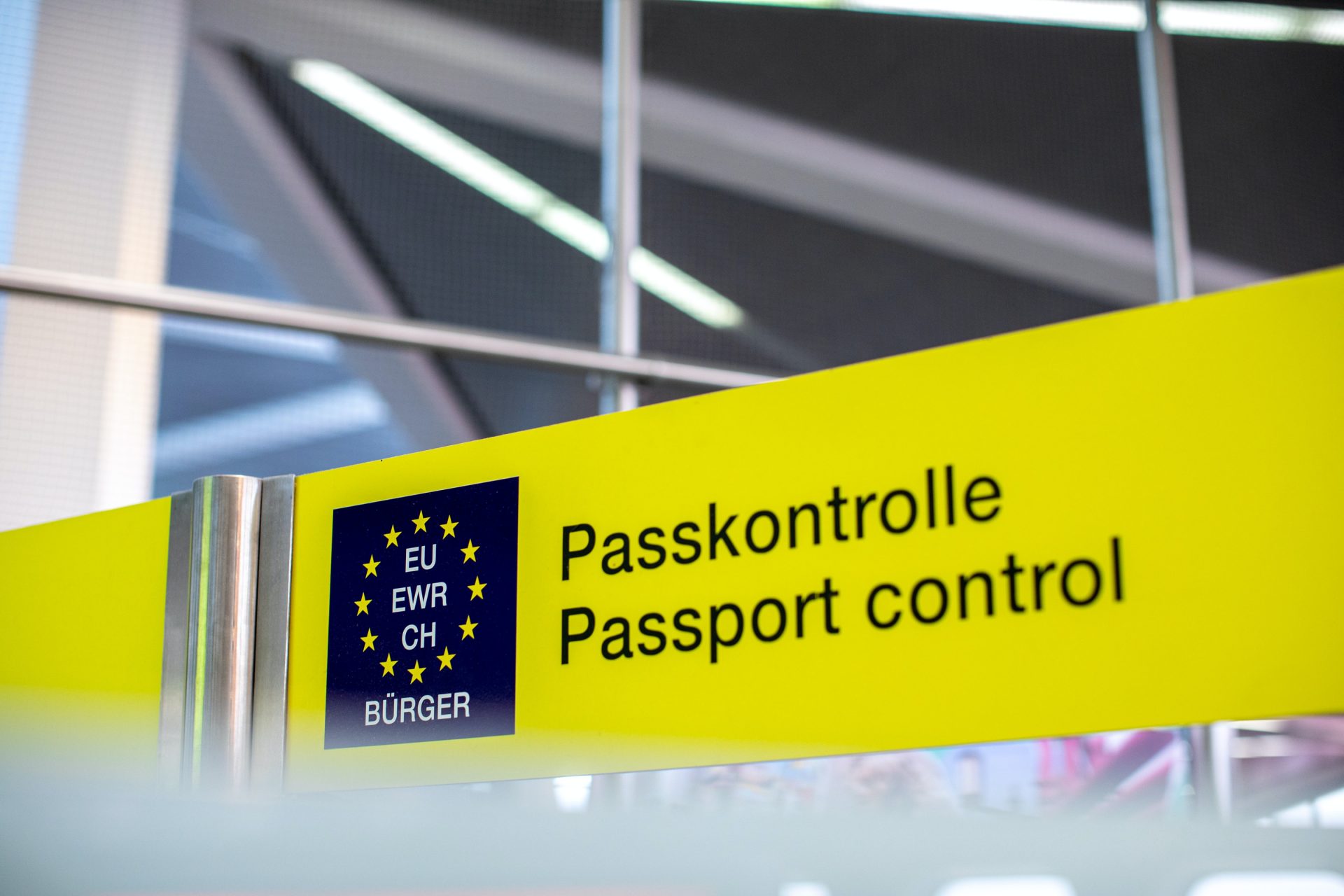- There is more controversy than there needs to be
This is arguably the touchiest issue when it comes to religion. There are those who take an uncompromising position against anything that they believe started after the death of the Prophet (peace be upon him). Let us call them hardliners (for lack of a better term). On the other hand, there are those who see no problem in certain practices so long as they serve a good purpose. Let us call them enthusiasts (for the same reason). Everybody is aware of the acrimonious nature of the old conflict between the two. But there is much more controversy than there needs to be.
The problem can easily be resolved given cooperation from both sides – for either side, at one time or another, is guilty of transgression here. So long as the enthusiasts do not bother anybody else and do not insist on others joining them, there ought to be no problem. The hardliners must refrain from interfering or unnecessarily giving their opinion when it is not sought. It is one thing to choose not to participate in something that one deems improper (more power to one), but to deliberately make a scene by calling in question the faith of somebody else is not only uncalled for but counterproductive as well.
There is plenty of leeway when it comes to temporal matters, but if something is presented as part of religion, then one must be prepared to back it up with evidence. Taking offence when somebody demands proof for something being a religious activity is by no means an appropriate attitude.
Let us take rituals such as qul and chaaleeswaan as familiar examples. Those who stage it are obviously convinced about its advisability or are following (in their view) a time-honoured tradition; else, why would they hold it? In addition, they are in an emotional state of mind after the loss of their dearly departed. Now, it is one thing to believe that the practice is un-Islamic, but those who point that out on the spot should hardly be shocked when they fail to become heroes of those on the other side. But at the same time the enthusiasts, on their part, must also make sure that they do not take offence when their invitation to join such activities is politely declined. And of course, they must not present such practices as mandatory, failing to participate in which is to the detriment of somebody’s faith.
When it comes to academic debates however, there is an important limit to the validity of ‘What is the harm in it?’ retort. For starters, if there is no use of something, then that is harm enough. But more significantly, whether there is harm in some activity or not depends on its nature. Much bad blood can be avoided by being clear on the answer to a simple question: whether the advocate of a ritual considers it a religious activity or not (for every religious act there are a hundred cultural traditions in a society). If the answer is no, then there is no cause for further debate. So long as the thing does not harm anybody else, it can hardly be objected to. However, if the answer is yes, then the advocate must be prepared to justify the activity as a religious one. Here, it must be borne in mind that for something to qualify as religion it must have a warrant to that effect from Allah and his messengers. Anything less, and the advocate has failed to prove that it is indeed a religious matter. A useful rule-of-thumb is this: In the worldly sphere, everything which is not forbidden is allowed; while in the religious domain, everything which is not allowed is forbidden. There is plenty of leeway when it comes to temporal matters, but if something is presented as part of religion, then one must be prepared to back it up with evidence. Taking offence when somebody demands proof for something being a religious activity is by no means an appropriate attitude.
On an ironic note, there is hardly anything innovative about these innovations. Adherents of all religions invariably recycle the same old things, sometimes in a thinly disguised manner but often extremely obviously. Take birthdays of religious figures: Christians have their Christmas. Many Muslims have their milaad-un-nabi. Followers of other religions have also celebrated the birthdays of their real or imaginary founders. While I do not intend to comment on other religions, a lot is to be said about those who propose to commemorate Prophet Muhammad (peace be upon him) by celebrating his birthday, after the extensive arrangement for his remembrance (made by God Himself), where the Prophet’s name resonates five times every day from all mosques in every part of the globe with millions of Muslims praying for him in between. In the obsession between mandatory and forbidden (with nothing in between), it is easy to forget that some practices, like this one, could be in questionable taste. As was pointed out by an intellect, there is no one day for the Prophet (peace be upon him); every hour, every day, and every year is his.














